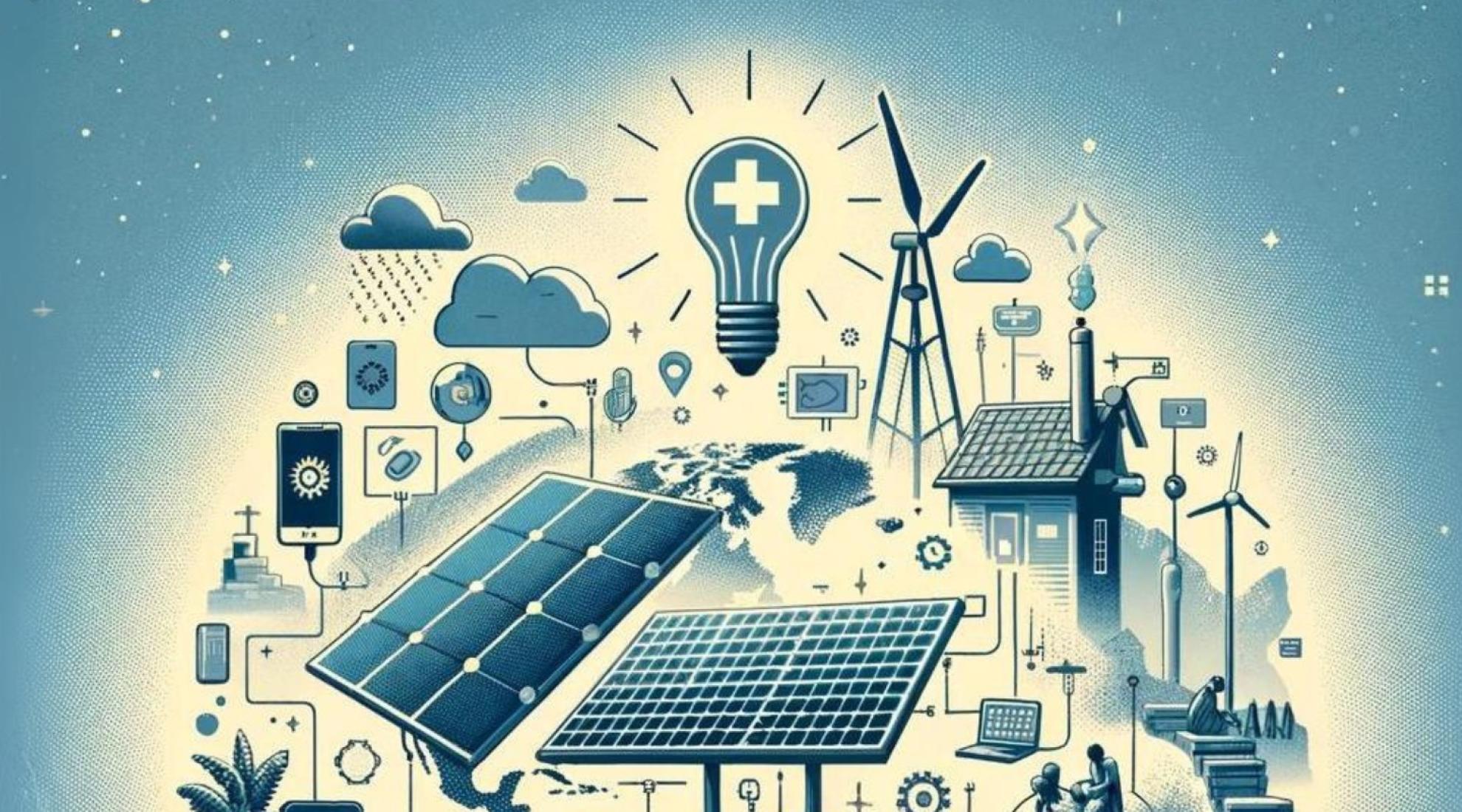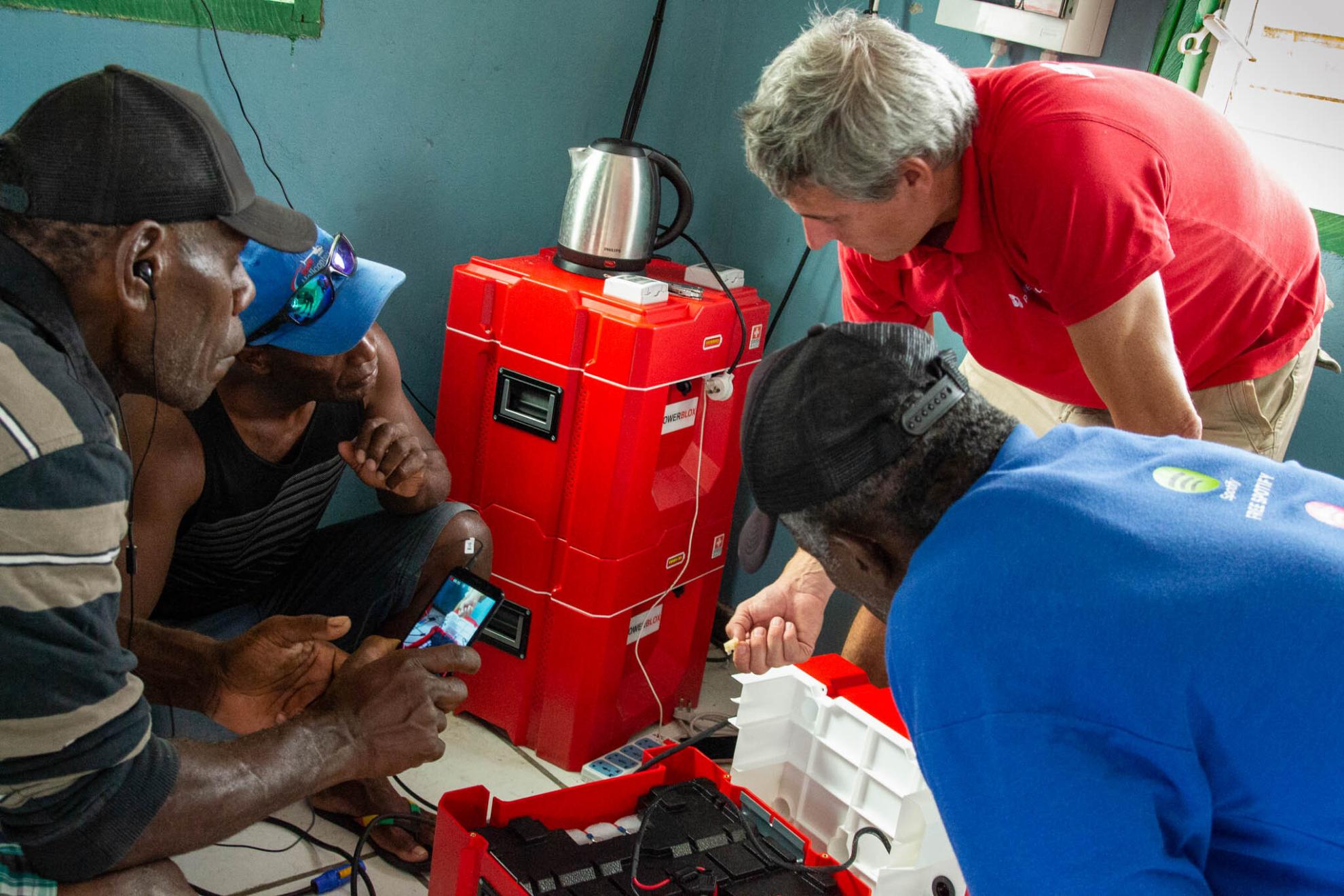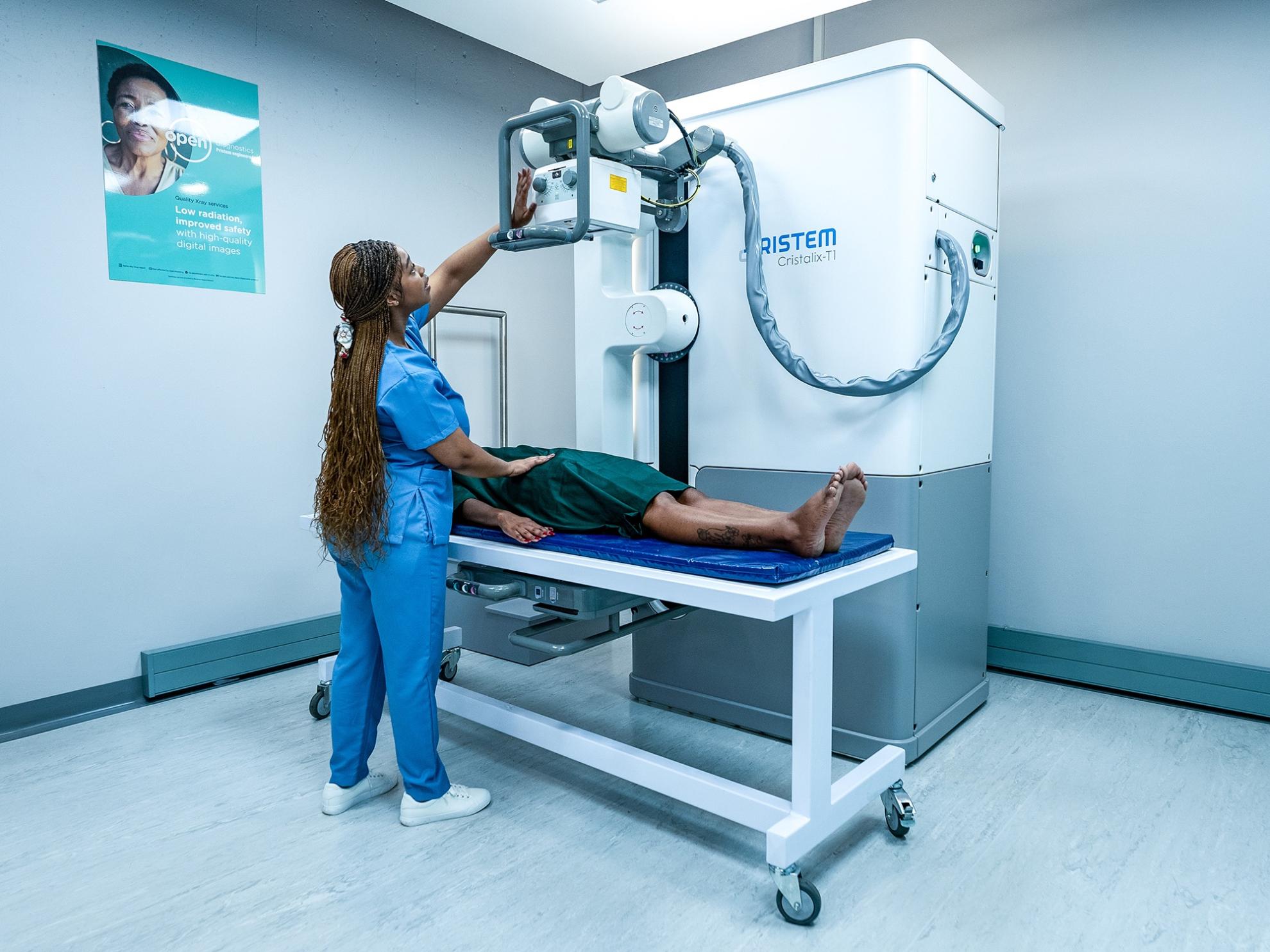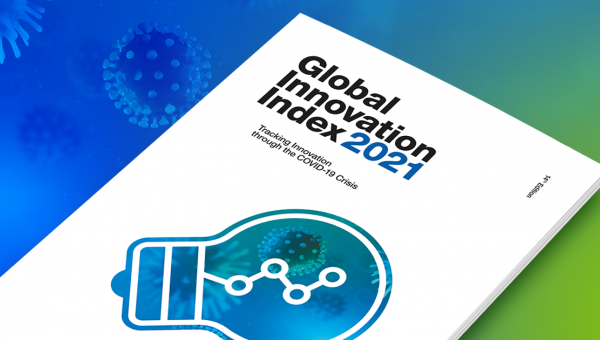Swiss technologies improving living conditions around the world

The Tech4Good initiative promotes innovative technological approaches to improving living conditions around the world.
Over the past few decades, we have seen how new technologies have transformed our lives. For example, who can still imagine making a call from a phone box on the way to work? However, the technologies that make life a little easier in Switzerland can significantly improve living conditions in regions with high levels of poverty.
Harnessing technology for humanitarian aid
As a country with high levels of innovation, Switzerland is working closely with the scientific community and the private sector to harness the latest technological developments for humanitarian aid.
The Swiss Agency for Development and Cooperation (SDC) plays a key role by initiating partnerships between the private sector, academia and civil society. These collaborations aim to use innovative technologies to strengthen the fight against poverty and support the Sustainable Development Goals (SDGs).
Technologies co-developed in Switzerland are improving the lives of millions of people in areas such as agricultural technology, healthcare, disaster resilience and access to resources.
Examples of successful Tech4Good projects
On 28 September 2018, the Indonesian island of Sulawesi was hit by a 7.5 magnitude earthquake. More than 220,000 people were left homeless. In consultation with the Indonesian government, Swiss Humanitarian Aid sent an emergency team to prepare drinking water and provide emergency shelters. For the first time, Swiss experts deployed Power-Blox – an innovative modular energy solar system developed for off-grid environments. The decentralised system, which is based on swarm technology, allows people without any technical knowledge to set up a power grid by connecting several modules.

Instructions on how to use Power-Blox for residents of the off-grid island of Lelepa in the Republic of Vanuatu.
Digital technology for health insurance providers
The open source software openIMIS, which was co-initiated by Switzerland for health insurance funds and other social protection schemes in low- and middle-income countries, is a good example of this. The digital data management platform facilitates billing and the registration of people in remote areas.
A new type of cement
Switzerland is also supporting the development of a new type of cement called Limestone Calcined Clay Cement (LC3). The production of this cement generates up to 30 per cent fewer CO2 emissions than conventional cement. It could therefore make an important contribution to the fight against climate change. LC3 was developed as part of an SDC-funded research partnership between EPFL in Lausanne and universities in India and Cuba.
Leveraging cutting-edge science and technology
At the forefront of the use of science and technology to drive sustainable development, humanitarian action and peace is the EssentialTech Centre at EPFL in Lausanne. The Centre aims to leverage cutting-edge science and technology to address some of the world's most pressing challenges, particularly those related to poverty and emergency situations. It operates under the belief that technology, when appropriately designed, deployed, and used, can significantly contribute to improving the lives of people living in low-resource settings.
Bringing X-ray diagnostics to a South African township
EPFL EssentialTech’s first spin-off in 2018, Pristem, has created an affordable, comprehensive X-ray solution including an advanced technology to operate wherever radiology is needed. By the end of 2023, they were able to open the first private X-ray diagnostics centre in Alexandra township, an underserved urban area that forms part of Johannesburg, South Africa. According to the press release, the new centre will enable easy access to radiology exams, whereas previously residents would spend hours or even days travelling to obtain these services.

The Cristalix-T1 X-ray solution in use in the new Open Diagnostics centre in Alexandra township, South Africa.
These Swiss initiatives show that technology is a powerful tool for achieving global development goals and improving many people's lives over the long term.




